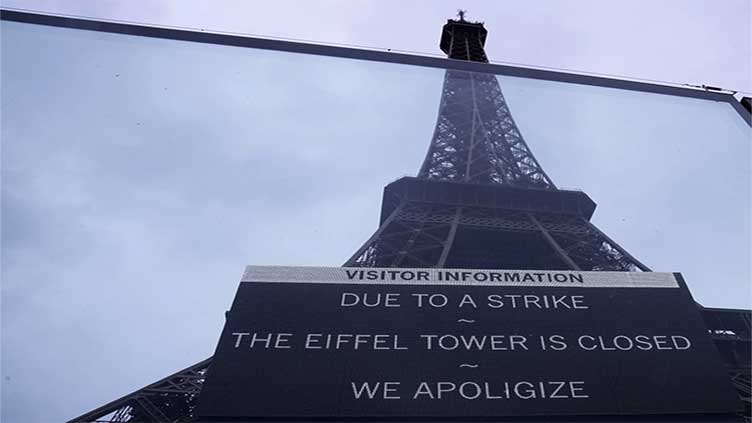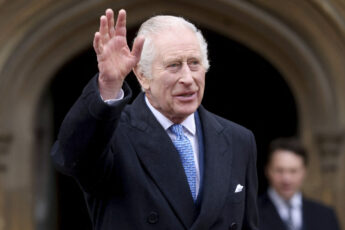Paris, France – The iconic Eiffel Tower, a symbol of France and one of the most visited monuments globally, faced an unexpected closure on Monday due to a strike initiated by workers protesting against alleged financial mismanagement. This strike, which caught many tourists off guard, underscored deeper issues plaguing one of the world’s most cherished landmarks.
The closure left countless visitors disappointed and disrupted travel plans for many who had eagerly anticipated experiencing the breathtaking views from the tower’s observation decks. The strike highlighted the significance of the Eiffel Tower not only as a cultural landmark but also as a vital economic asset for tourism in Paris.
At the heart of the protest were concerns regarding the management of finances at the Eiffel Tower. Workers voiced grievances over what they perceive as inadequate investment in maintaining the infrastructure and ensuring fair compensation for employees. These concerns reflect broader challenges facing cultural heritage sites worldwide, where balancing preservation with commercial interests often proves contentious.
The timing of the strike, occurring during a peak tourist season, magnified its impact. With millions of visitors flocking to the City of Light annually to marvel at its architectural wonders and immerse themselves in its rich cultural tapestry, any disruption at the Eiffel Tower reverberates across the tourism industry, affecting businesses reliant on visitor footfall.
Moreover, the closure of such an emblematic site serves as a stark reminder of the vulnerability of global tourism to unforeseen disruptions, be it strikes, natural disasters, or pandemics. The COVID-19 pandemic, which brought international travel to a standstill, dealt a severe blow to the tourism sector, prompting destinations like Paris to reassess their strategies for resilience and sustainability.
The strike at the Eiffel Tower also underscores the importance of effective communication and conflict resolution mechanisms between management and labor unions. Constructive dialogue and proactive measures to address grievances can mitigate the risk of prolonged disruptions and foster a more harmonious working environment.
While the closure of the Eiffel Tower may have inconvenienced many visitors and raised questions about the management of cultural heritage sites, it also serves as a rallying cry for greater transparency, accountability, and investment in preserving these iconic landmarks for future generations to enjoy.
As Paris grapples with the aftermath of the strike, stakeholders must come together to find sustainable solutions that uphold the integrity of the Eiffel Tower while ensuring the well-being of its workforce and the satisfaction of millions of visitors who continue to be captivated by its timeless allure. Only through collaboration and commitment can we safeguard our cultural treasures and uphold their legacy for years to come.






